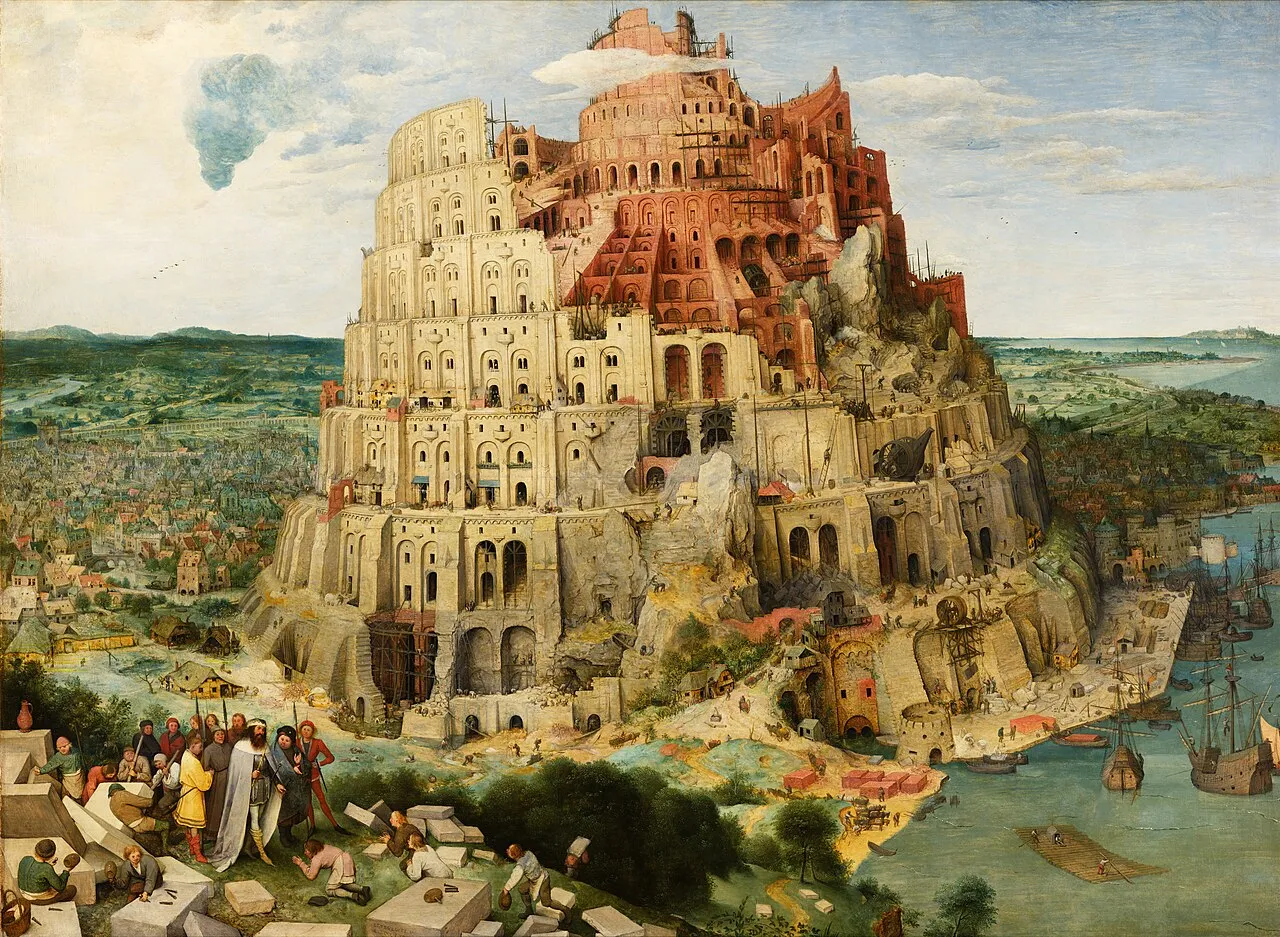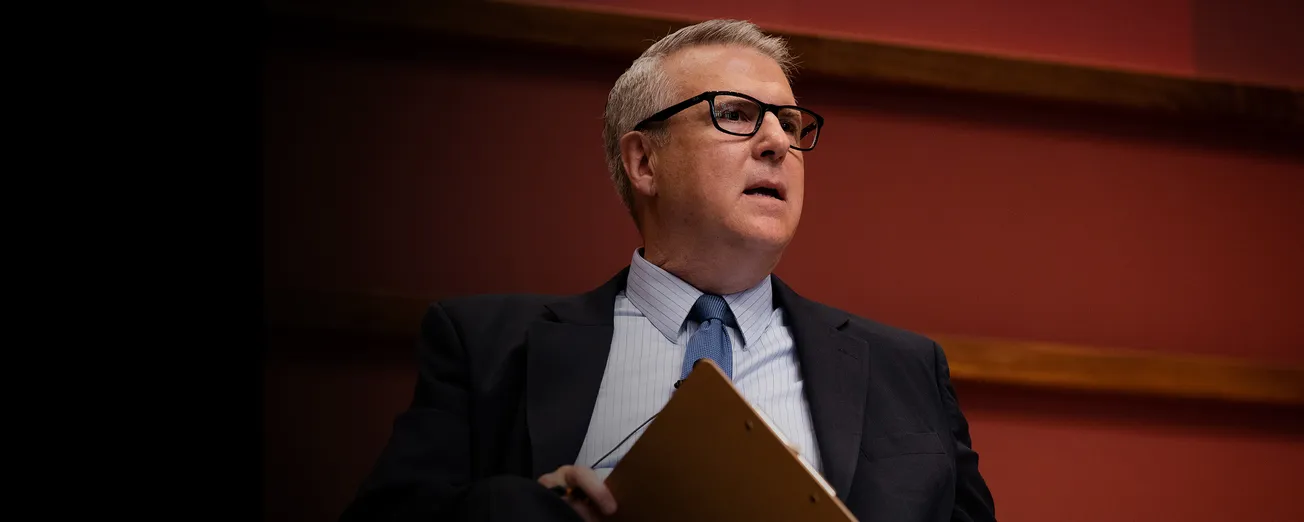Table of Contents

In 2000, Californians voted on Proposition 22, which sought to define marriage as between a man and a woman. The measure was passed, with 61.4 percent in favor.
Recently, California conducted another vote on gay marriage. The measure was passed with a 57.1 percent majority. For millions of ordinary gay and lesbian people in California and around the world, this vote was a huge victory. The New York Times praised it as a “Victory for Equality.”
Indeed, it was a victory of sorts for equality. But was it a victory for democracy? For this second vote was limited to seven Supreme Court judges, four of whom voted to legalize gay marriage (that’s 57.1 percent, thank you). The voices of these four judges overrode the voices of the millions who voted for Proposition 22.
The central issue here is not about gay marriage, but about how society should resolve issues like these. It is about whether people or judges should govern society. Should America be a people’s republic, where the voices of the people should rule? Or, should America be more like Plato’s Republic, where the elites (i.e. judges) decide what’s best for everybody?
Consider first the case for the judicial elite. The Greek philosopher Plato believed that society should be governed by wise people rather than foolish ones. And who would deny that judges tend to be well-educated and wise? Consider the California Supreme Court. Chief Justice Ronald George has degrees from Princeton and Stanford, Justice Carlos Moreno was from Yale, and Justice Ming Chin was a decorated Vietnam War veteran. They are model citizens in almost every respect, and are probably far wiser and intelligent than the average citizen. Explaining their decision to legalize gay marriage, the judges released a 172-page document full of legal terminology that few ordinary folks could ever comprehend. In contrast, if you ask the average voter what he or she thinks of gay marriage, you would probably receive a much simpler reply: “There isn’t a single good argument against gay marriage. End of story.” Or, in a more conservative district, you might hear an alternative opinion: “There isn’t a single good argument for gay marriage. End of story.”
The weakness of judicial activism, however, is that it is profoundly undemocratic. For the 4.6 million white, Asian, Latino and black voters who supported Proposition 22, the Court’s decision to legalize gay marriage served to strip their votes of any value. In effect, these voters were disenfranchised—their only role was to line up to cast ballots to make a law that was ignored by the higher-ups. This is not democracy; it’s bureaucracy.
The real tragedy is that this constitutional problem was not even necessary. According to The Economist, the number of same-sex couples across America has been growing by double-digit percentages, even in quintessentially red states like Utah, New Mexico, and Kansas. Pro-gay sentiments across America have been on the rise, and it was only a matter of time before California’s voters themselves would have overturned Proposition 22 by popular vote. Public opinion was already headed towards legalization within a decade. Why rely on judicial activism?
On controversial social issues such as abortion, euthanasia, and gay marriage, it is far easier toagree on rules than on outcomes. A good rule would be to allow voters to decide their social policies on a state-by-state basis. The rules would be known and enforceable, and judges would only play the role of umpires—to enforce the laws passed by voters.
On too many issues, however, activist judges have taken up the role of players rather than umpires. Some may argue that the ends justify the means, and that the judges were right—in this case, in legalizing gay marriage. My only fear is that if the Court can do the right thing the wrong way, it can also easily do the wrong thing the wrong way. By sacrificing democracy in the name of equality today, Americans may end up losing both tomorrow. In that case, we will end up with neither a people’s republic nor Plato’s Republic—we will get tyranny.




